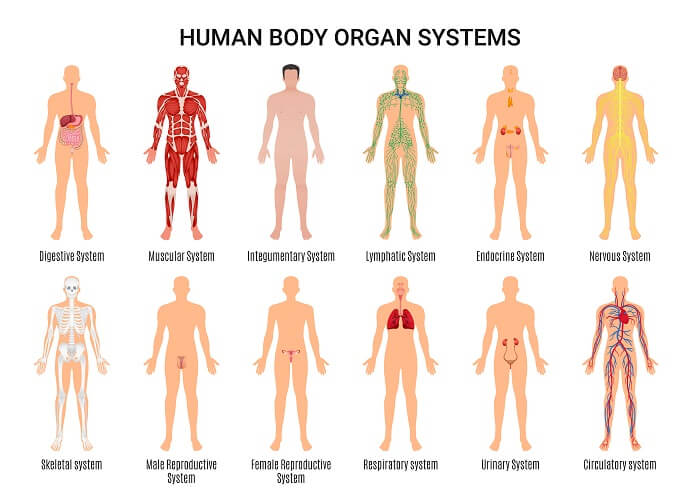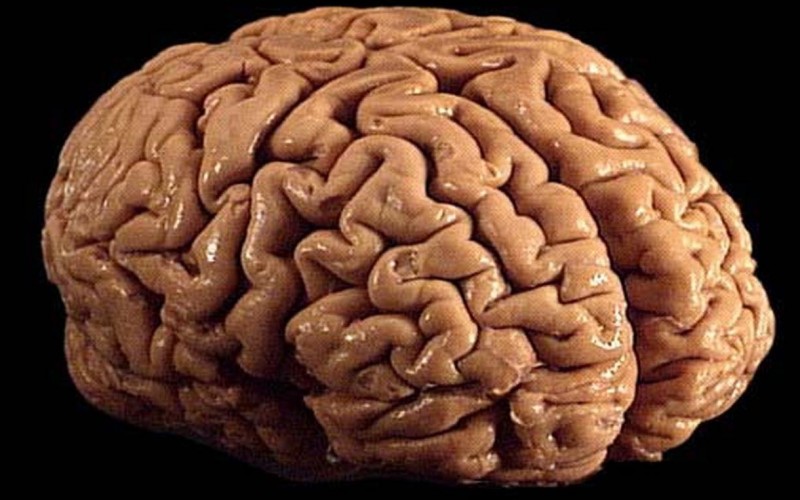This is such an interesting question. I think there can be so many things we can learn about how we work. Not only will we be able to cure diseases, we can also enhance ourselves and make ourselves better, and we can also learn many new things that can be applied to other fields.
This is a fascinating discussion about biology and gene engineering with Ginkgo Bioworks CEO Jason Kelly and how we can program it.
So how can we understand how our biology works?
Organisms, and humans, are a set of organ systems and processes that work together so perfectly in perfect balance that has been designed with the guiding hand of millions of year of evolution.
One we can understand our organ system from a macro level:
Our Organ Systems
There are 11 organ systems include the integumentary system, skeletal system, muscular system, lymphatic system, respiratory system, digestive system, nervous system, endocrine system, cardiovascular system, urinary system, and reproductive systems

I feel like there is a lot we already know about these organ systems. We can learn from observations, but I think the biggest gap we have and the most amazing thing to understand would be our genes and how they work.
Understanding our Genes
We can also learn about our biology from a genetic level. How do our individual genes work? What are genes? This is like our computer code. If we can learn to read and understand our genetic code then there must be so much we can learn about us.

So how can we learn about our genes?
I will go and look at the following questions
– What do we know?
– What do we not know?
– What are some ways we can learn about our genes?
Understanding our Brain
Our brain – how does that work? what is consciousness? that is something amazing we can learn about.

How can we learn about the brain?
– What we do know already?
– What do we not know?
– How can we learn more about our brain?
